Dragon Welding | The Wolfhounds | Interview | New Album, ‘Fictionary’
Dragon Welding, the anagrammatical alias of Andrew “Andy” Golding, a multi-instrumentalist, programmer, videographer and all-round creative explorer, who started his musical path in the mid-80s as guitarist for C86 survivors The Wolfhounds, recently released ‘Fictionary’ via Dimple Discs.
While that band’s singer Dave Callahan continues to release modern folk-rock classics, Andy Golding has created a psychedelic electro-rock juggernaut, where the focus is on a more electro-experimentalist tangent, combining pulsing synths, processed beats, shimmering guitar ambience and mischievous sonic textures. Recorded between 2020 and 2022, Andy notes…“For the previous two albums, I did a lot of “found sound” recording and manipulations on mobile devices while commuting, but by early 2020, travelling on public transport had become a distant memory. I worked out how to use Logic Pro in a bit more detail and finished off most of the mobile phone tracks at home. I did some remote mixing sessions with Ant Chapman, which was a new experience, but most of the tracks I finished on my own.”
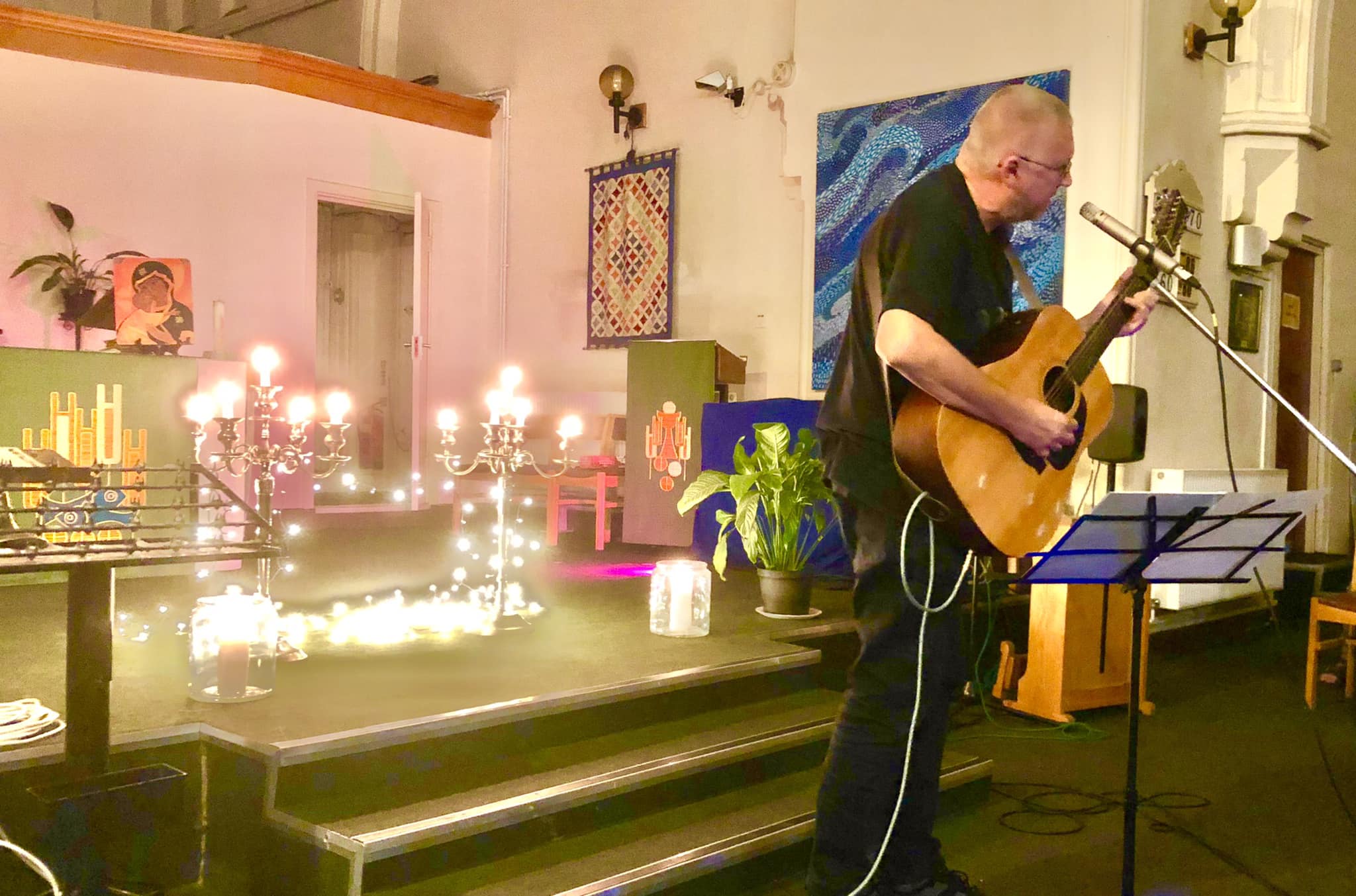
“I have a constantly revolving circle of music that I continually work on”
It’s really fantastic to hear from you. How much time was invested in your upcoming album, ‘Fictionary’?
Andy Golding: I have a constantly revolving circle of music that I continually work on using my iPad and iPhone. When it comes to getting an album together, I tend to pick the tracks that sound either finished or tracks that seem to fit together. ‘Fictionary’ was conceived as a double album, so I allowed the tracks to evolve into longer pieces if it seemed that’s where they wanted to go. The whole thing came together over a two-year period.
What was the overall idea behind it and to what degree do you think you succeeded?
It’s all about make believe. Recording largely on your own allows you to take on different personalities for different parts. I fall out with myself quite often.
Tell us more about the recording and producing process behind the record?
Pretty much everything starts on the iPhone while travelling. I don’t do crosswords, so I just play with music and record different sounds. I’ll work on something until it sounds interesting, then I’ll close it out of my mind until I’m ready to take stock of a bunch of tracks. I’ve found that if I work on finishing something straight away, I can end up losing what made it interesting in the first place. It’s always a great feeling when you go back to something months later and find something interesting. That’s when I’ll suck a track into Logic and finish it off. When you leave music to simmer for a few months it’s almost like working on someone else’s idea once you pick it up again.
I asked one of my brothers (Michael Golding) to play drums on a few of the tracks so that was a different approach to most of the other tracks. We recorded some loops using a junior drum kit I bought from eBay. I looped them together and then recorded guitar, bass and lap steel over the top with the aim of editing it down. It ended up being twenty two minutes long, with no edits, so I just left it. That’s when I realised it might need to be a double album. It ended up being seventy-nine minutes long, so it just fits onto a single CD.
My daughter Alice sings on ‘An Angel Not Of This Earth’ and my son James plays drums. My wife did all of the artwork, so it’s pretty much a family effort.
For ‘The Dark’ I really wasn’t happy with my vocal attempts so I asked Ant Chapman to have a go, He nailed it and I think that track sounds great.
How would you compare it to your previous two releases? What is the key difference?
The first Dragon Welding was written mostly as songs first and instrumentation second. The second album ‘Lights Behind the Eyes’ was a set of guitar instrumentals first that I added backing tracks to afterwards. With ‘Fictionary’, I worked on the body of the tracks first and then added words or melody’s where they seemed to fit. If nothing else was needed I just left empty spaces. I like not knowing where things are going. The final part was to go over it all with my friend and recording engineer Ant Chapman. His ears are finely tuned, and he irons out my technical creases.
Would love to discuss your background. Where did you grow up? What can you tell us about your upbringing and the local scene of the times?
I was born in Ilford and brought up in Chadwell Heath on the borders of East London and Essex. My parents were huge rock ’n’ roll and trad jazz fans so that was the music I was brought up on. They sacrificed their collection of seven-inch singles to my brothers and me, and they were pretty much the only toys I ever played with. Buddy Holly, Eddie Cochran, Chuck Berry, Elvis and Lonnie Donegan were my idols until punk came along. That was year zero for a lot of people, but most of my age group at school hated it and were far more interested in John Travolta and The Bee Gees. I was quite tall, aged thirteen or so and was able to sneak into the local music venue in Chadwell Heath ‘The Electric Stadium’. It was mostly heavy metal and space rock, but that was what I was listening to at the time. We used to sneak in to watch Here & Now, Chemical Alice, Diamond Head, Spider. I used to come home reeking of light and bitter, cigarette smoke and dry ice.
How did you first meet members of The Wolfhounds? Were you or any other members in any previous bands?
I got a part time job working in a DIY store. That’s where I met The Wolfhounds guitarist Paul Clark. We got talking about music and I found out he was in a band. I went along to their next gig at a club in Romford called The Rezz and they were pretty awful, but I loved The Rezz. I offered my services as a keyboard player and was invited to go along to a rehearsal. I conveniently “forgot” my keyboard and took a guitar along instead, which was pretty audacious really as Dave Callahan is a great guitarist and I’d never played guitar in a band before, but it seemed to click. Prior to that I was a bassist, not because I was any good at it, but because Chadwell Heath had a surplus of guitar players who were much better than me, so I took up the bass. There were two drummers in town, so basically the same gang of ten kids would form bands and split up on a pretty regular basis. The difference with the Wolfhounds was that they had gigs. That was enough for me to be interested in seeing where it would go, so I basically lied my way in.
“We were a shambolic mess of The Seeds and The Fall”
Can you elaborate on the formation of The Wolfhounds? Thinking back, what kind of music did you want to make when beginning?
We were a shambolic mess of The Seeds and The Fall. I’d spent the previous three years failing to master ‘Stairway to Heaven’, so playing “Pushin’ Too Hard”for the first time beat that ambition out of me pretty quickly. It was totally liberating to make a glorious racket with scant regard for technical ability. Watching Dave and Paul play guitar was my musical re-education. Out of that mess, all three of us developed complimentary styles of playing. I wish Paul had stayed around longer, but I learned so much from the time we wrote together. I’m still learning. I don’t think you ever stop. I like to think I brought a bit of melodic interest to the surface that was buried before I joined.
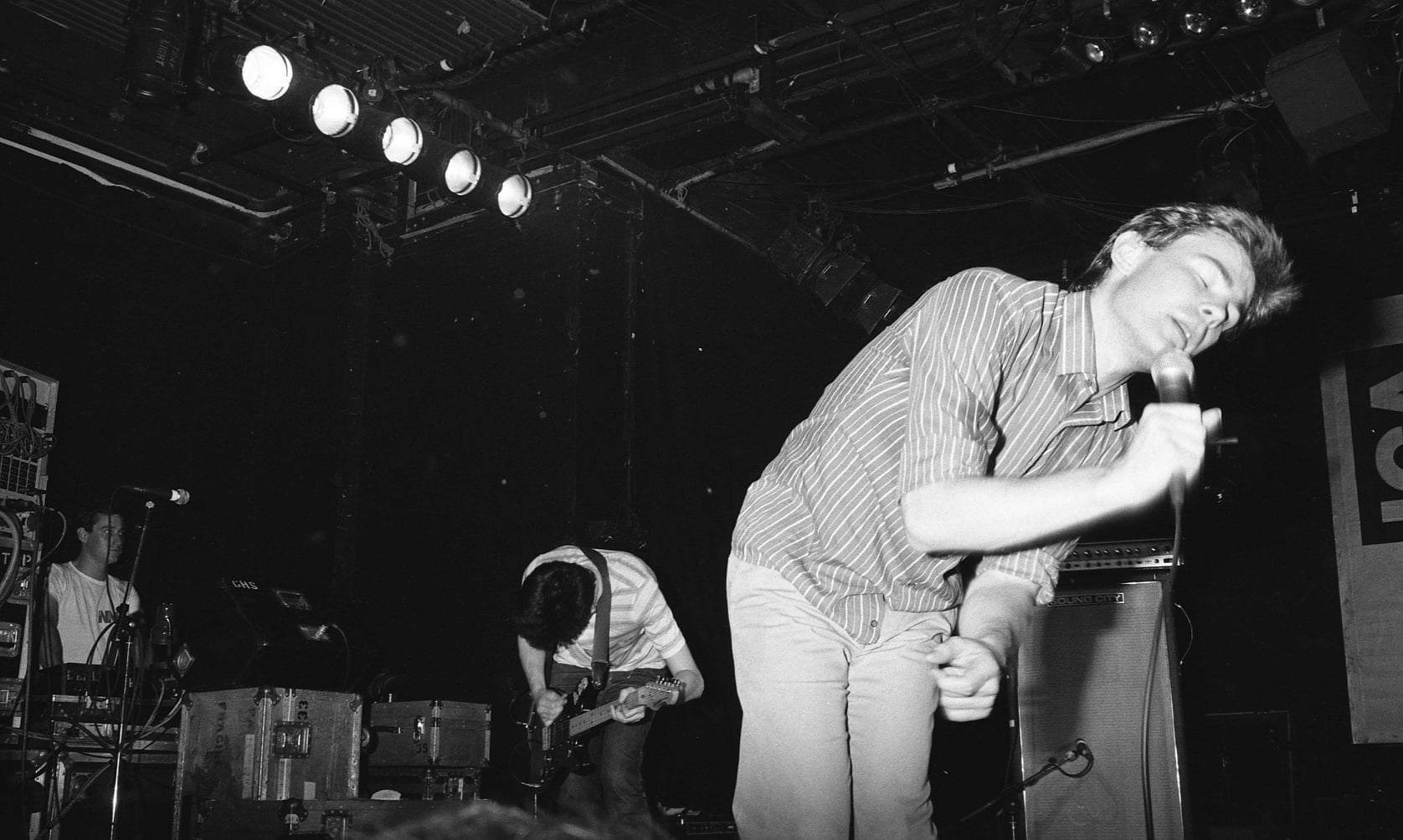
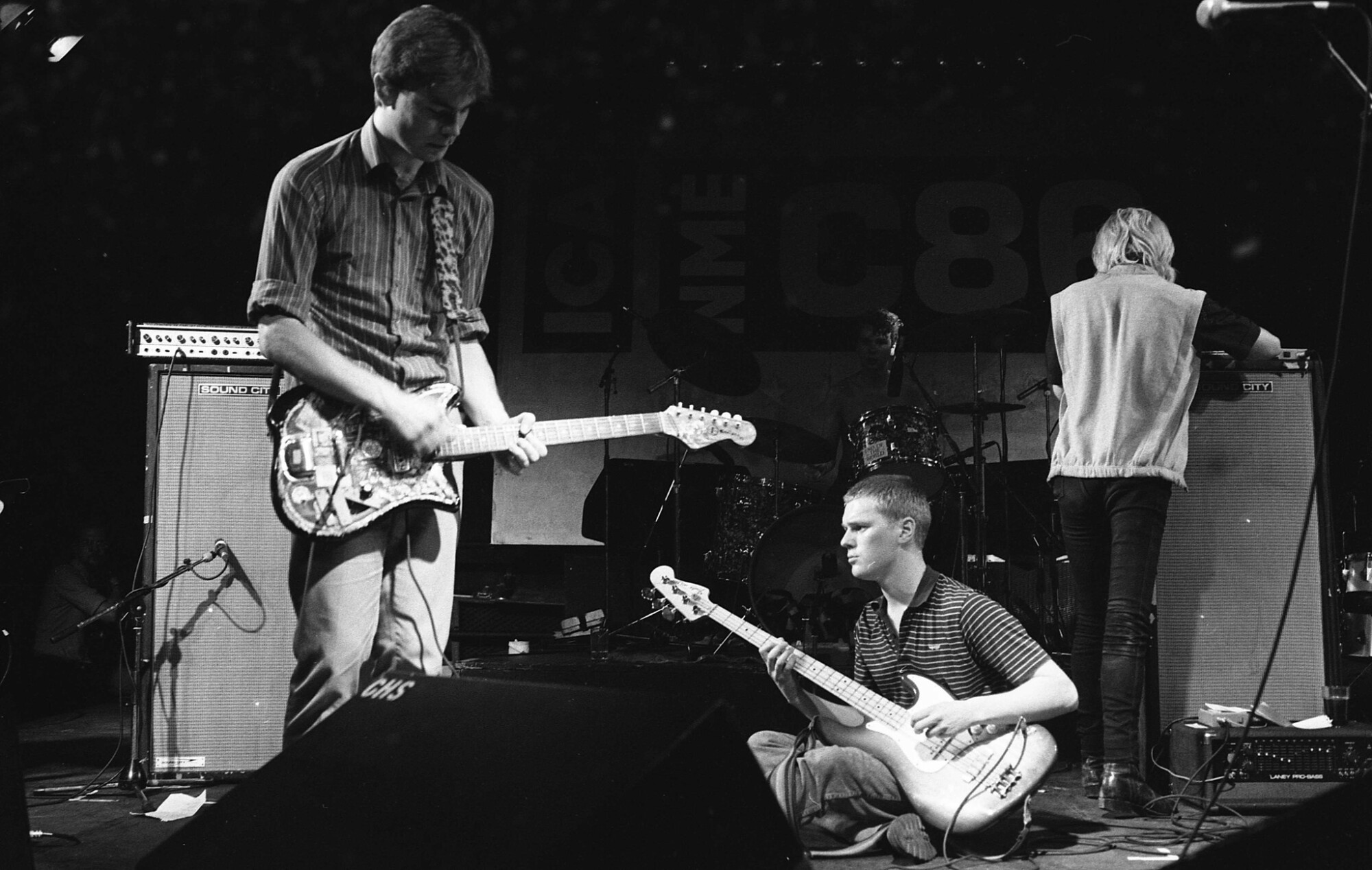
Tell us the circumstances surrounding your first EP, ‘Cut the Cake’?
There were a few original songs before I joined, but also a fair few cover versions (Love, The Seeds, 13th Floor Elevators et cetera), but we started writing new songs together pretty much straight away. The four tracks on ‘Cut The Cake’ were probably the newest songs we’d written at that time, so it seemed logical to put them out. Going into a proper studio for the first time was so exciting.
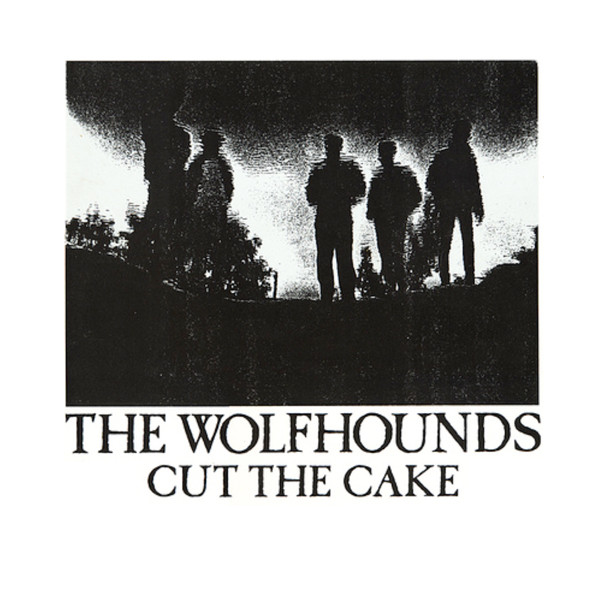
What was it like working with The Pink Label that also released your debut album, ‘ Unseen Ripples From A Pebble’. Would love it if you can share some words about writing and recording it?
The Pink Label was a great introduction for getting into the fledgling indie scene at the time. Being linked with The June Brides and That Petrol Emotion (who were also on The Pink Label) was obviously pretty handy, and then growing up and touring with McCarthy was a lot of fun. By the time we got around to recording ‘Unseen Ripples’ we’d run out of existing songs we liked, so a lot of it was written in the build up to recording it. On reflection, there are a lot of the older, thrashier songs that we discarded that would have made it a far more abrasive record, but it is what it is. It was very rewarding to re-release it on Optic Nerve as a double album a few years ago. Having the first three twelve- inch singles as side one and side two of a double album makes much more sense of it all,
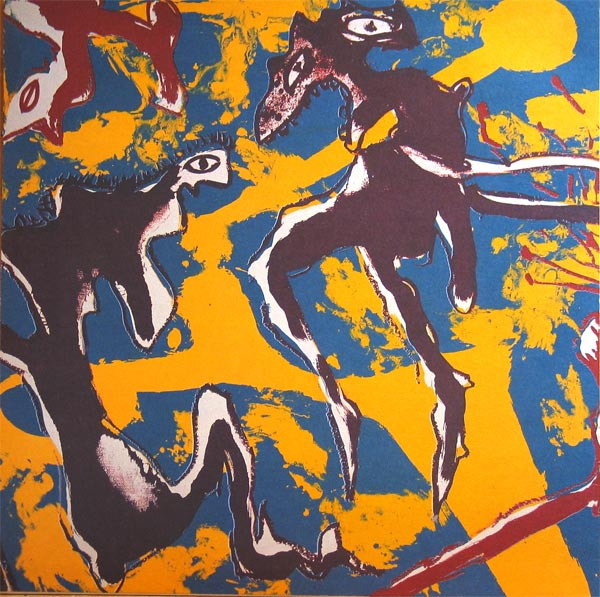
There was quite a sonic change when it comes to your second album, ‘Blown Away’. What happened?
The second album was actually ‘Bright and Guilty’. When Paul left after we’d recorded ‘Son of Nothing’ I really wanted Dave to play guitar, but he was such a good front man that he thought it would be better to get someone else in. I knew Matt Deighton was looking for a band so I got him involved, which resulted in some great songs, but I knew Matt wouldn’t be around for long. When it came to ‘Blown Away’ we decided to let rip. We’d never had proper guitar amps up to that point, so we blew what money we had on hiring in some Marshall stacks.
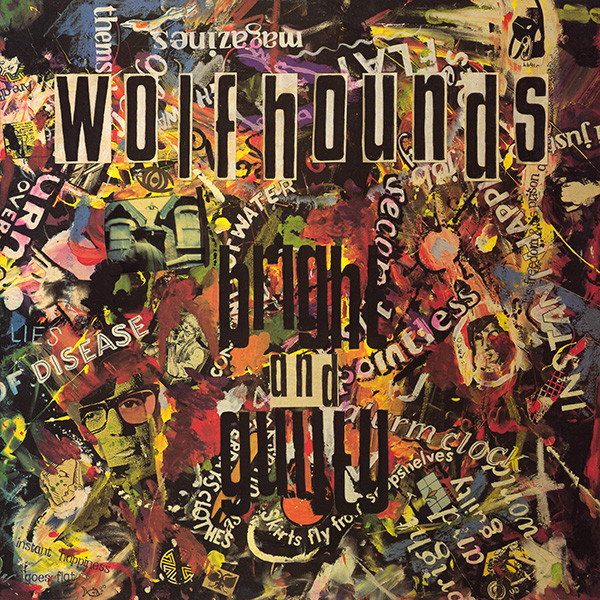
That album was pretty much recorded live with vocal overdubs. Dave and I play all the guitars on that album. It was great fun. Mary Hansen (who went on to join Stereolab) was living in the same house as Dave and Paul Sutton at the time, so we asked her to do some backing vocals. The whole thing just lifted off once we added her in. Fair play to engineer Ian Caple. He totally got it.
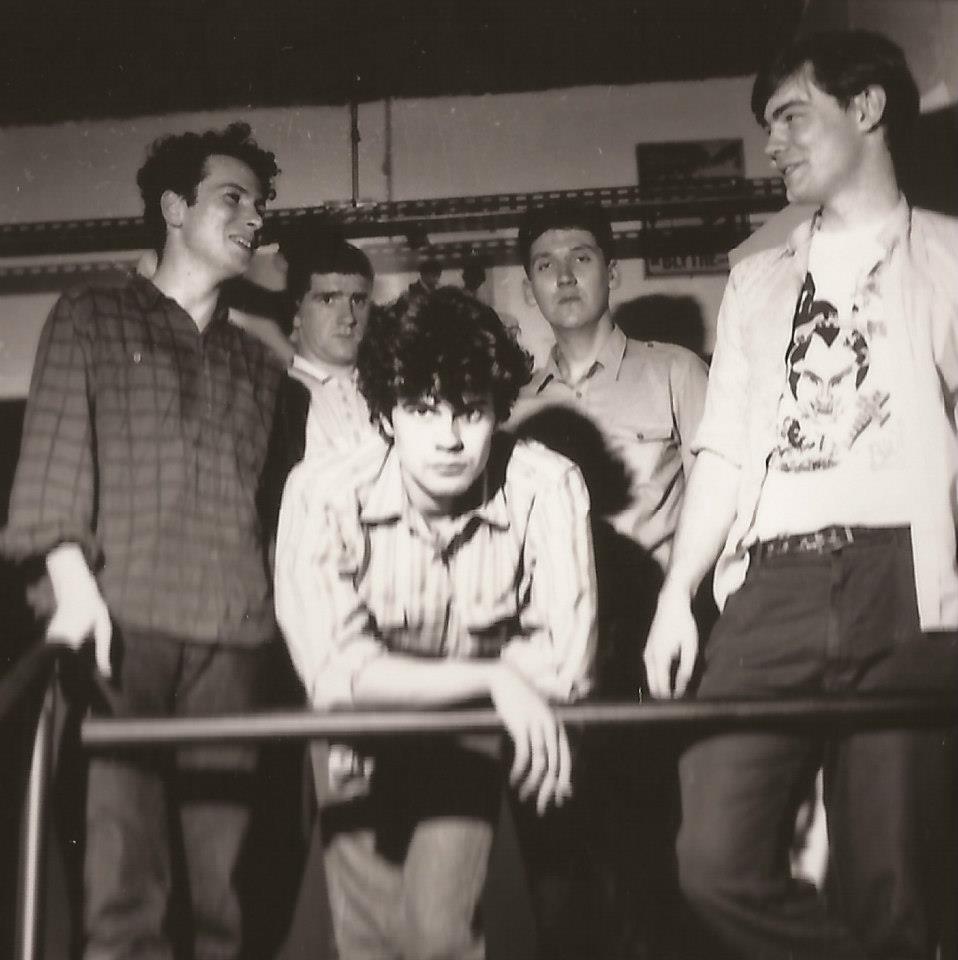
How do you remember working on ‘Bright and Guilty’?
‘Bright and Guilty’ also makes more sense as a double album and Optic Nerve did a fine job with us on that re-release as well. A lot of it was recorded at Martin Rushent’s studio in Oxfordshire. It was residential and probably the only time we were able to record isolated from outside distractions. We went through several lineup changes during the recording of the songs with myself, Dave and drummer Frank Stebbing being the only constant members. I tend to see it as more of a compilation than a true album, but that certainly doesn’t distract from it. I loved working with all of the musicians who appear on it. It’s certainly a mix of styles that reflects what we were listening to at the time. ‘Charterhouse’ is obviously influenced by Tom Waits, ‘Invisible People’ was us trying to be Eric B & Rakim. One of the reviews of the re-release said it sounds like us trying to be The Stone Roses, which is hilarious as it pre-dates them by a couple of years. ‘Useless Second Cousin’ I’m very proud of. I can’t play that riff that fast anymore.
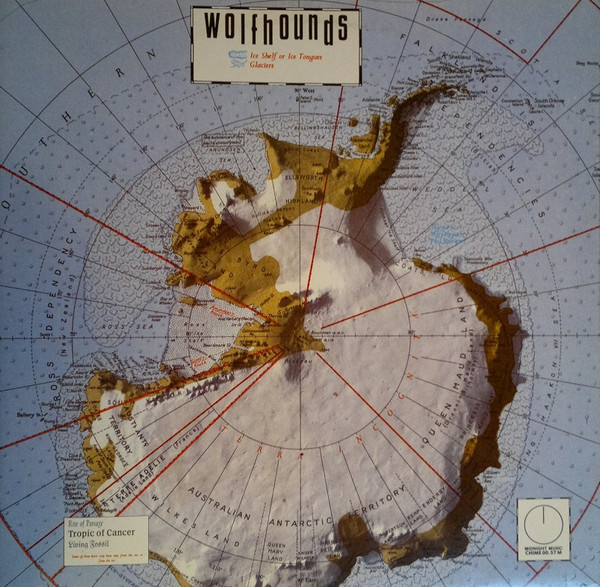
And how do you feel about the last album from that era, ‘Attitude’?
Alan Stirnerhad played guitar in Whirl so I knew he was a good guitarist, but the dynamic of the band changed when he joined. He had some fantastic ideas, and a lot of ‘Attitude’ is some of my favourite music, but I’d lost a lot of enthusiasm towards the end. Not with the music, but it had come to the point where I realised putting my heart and soul into something that would not really get anywhere was not where I wanted to be anymore, so I told them I was leaving, and we shook hands, and all moved on.
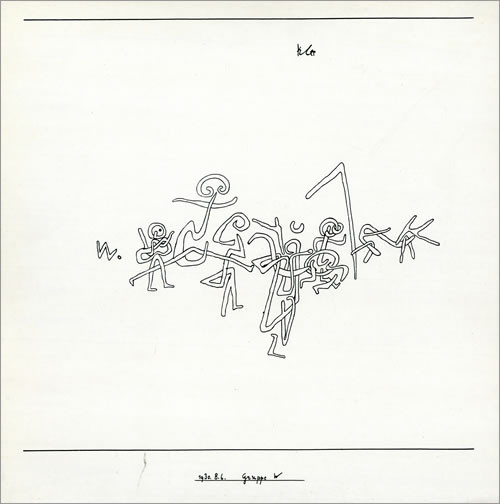
Looking back, what was the highlight of your time in the band? Which songs are you most proud of? Where and when was your most memorable gig?
I think ‘L.A Juice’ and ‘Rite of Passage’. They both stand up from the first time around. For gigs, it has to be touring Europe with McCarthy. It was like an adventure playground for musicians.
I think I’m just as proud of the new material we’ve released since we got back together again. All three albums ‘Middle Aged Freaks’, ‘Untied Kingdom’ and ‘Electric Music’ contain the best music we’ve ever written. We have total control over everything,
How do you usually approach music making?
I approach making music everyday. It’s life that I have trouble approaching.
There’s a little known project called Crawl that you were part of. Can you share some light on it?
I’d known Paul Cannell since school. Paul was one of the two drummers in the Chadwell Heath pool of musicians. We grew up together and played in various groups, including the original Kenny Process Team alongside Matt Deighton. Paul started designing record sleeves and did the cover for ‘You Love Us’ by the Manic Street Preachers.
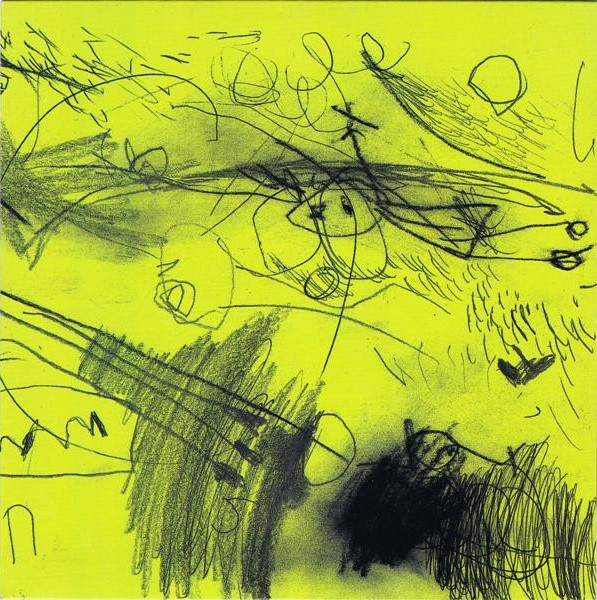
His career hit a peak with Primal Scream’s ‘Screamadelica’ and Creation offered him a record deal. I got Wolfhounds drummer Frankie onboard and it was a fine band for a while. We released one single on Creation and recorded an album, but sadly that has yet to see the light of day. There is an entire book to be written about Cannell that Crawl manager Des Penny is working on. Come back to me when it is ready to be unleashed. I have stories.
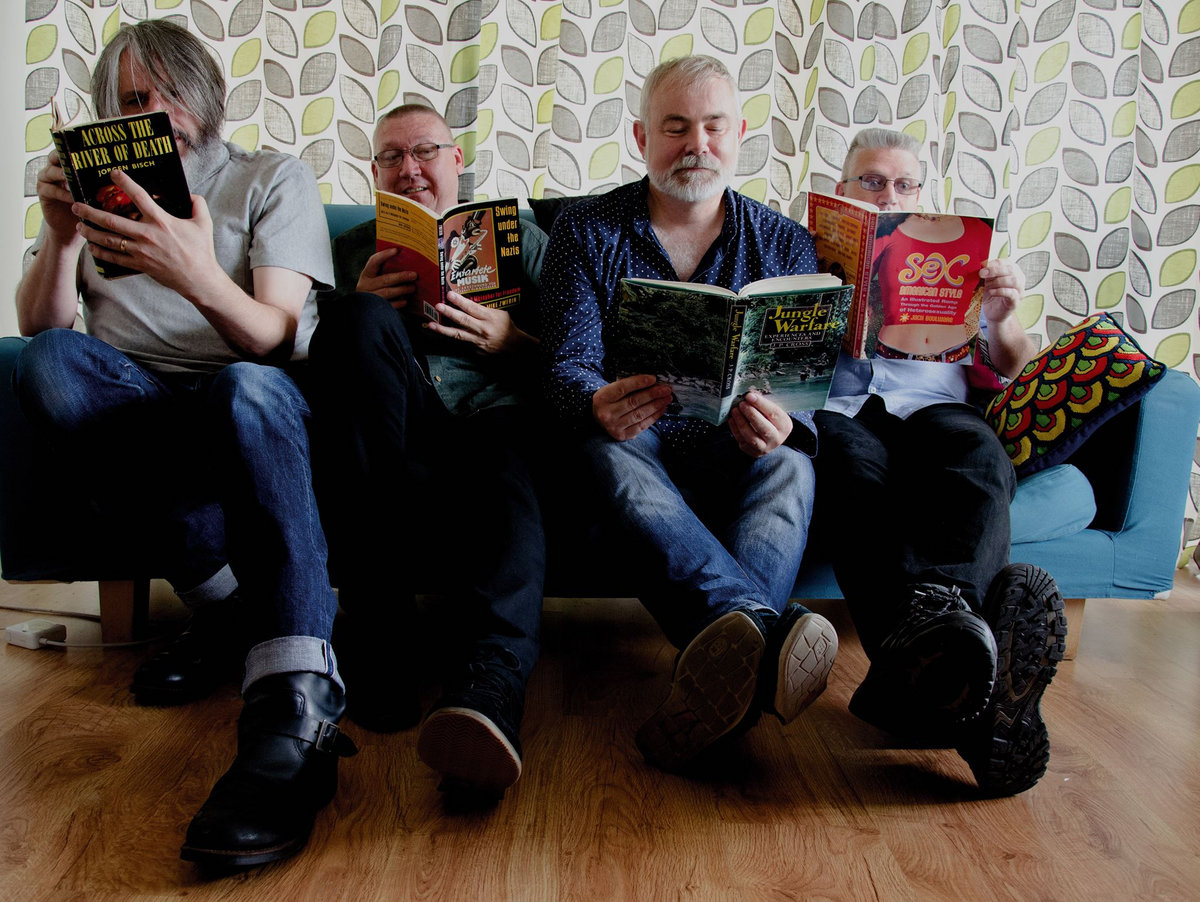
How was working with Nick Haeffner, who I also recently interviewed on his ‘The Electromagnetic Imaginary’?
Nick writes really good music. He asked me to add guitar to a couple of tracks, which again is a different way of working to what I’m used to. He did a great job of editing me. I tend to want to take over, so I gave him a lot to edit.
What are some of the most important players that influenced your own style and what in particular did they employ in their playing that you liked?
All the obvious ones I’m afraid of. Chuck Berry, Hubert Sumlin, Jimi Hendrix, Duane Eddy, Tom Verlaine and Richard Lloyd, all of the guitarists in The Magic Band, Lou Reed and Sterling Morrison. My favourite punk guitarists growing up were Hugh Cornwall and Paul Weller who were so abrasive. Hugh Cornwall especially had a unique style and is very underrated. I guess Weller was a huge Wilko Johnson fan, but he was so spikey.
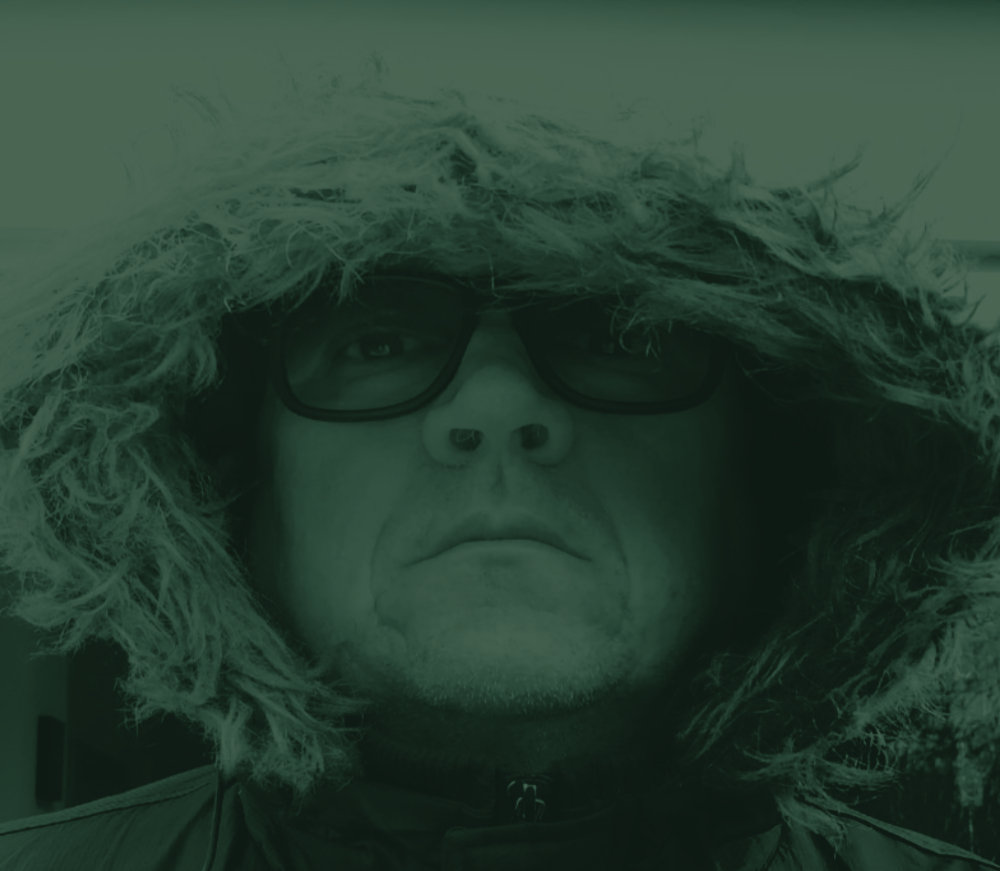
Do you have any other active projects going on at this point? Will you continue to record new albums?
The Wolfhounds will reconvene at some point. We’ve released three albums since we reformed and I think they all stand up. I’ve got a batch of songs that can be worked on once we are ready.
I have a new album of The Othyrs songs that will be released at some point on Dimple Discs. I write and play in The Othyrs with my son, daughter, and my brothers when time permits. We were stuck in the same house for most of the lockdown, so we got quite a lot of songs recorded. I’m really pleased with it, but it needs a final mix. My daughter sings all of the songs so it’s another approach to writing and recording that is really interesting.
I’m working on and off on a project called Adventures in Rhythm that is really different to anything else I’ve done.
I’ve got a whole bunch of new Dragon Welding tracks that are currently simmering, so I need to go and see if they are ready to eat yet.
Klemen Breznikar
Headline photo: The Wolfhounds (support by McCarthy) | The Onion Cellar at Edinburgh (25th August 1986)
Dragon Welding Official Website / Facebook / Instagram / Twitter / YouTube
The Wolfhounds Facebook / Bandcamp
Dimple Discs Facebook / Instagram / Twitter / Bandcamp / YouTube
Nick Haeffner | Interview | ‘The Electromagnetic Imaginary’

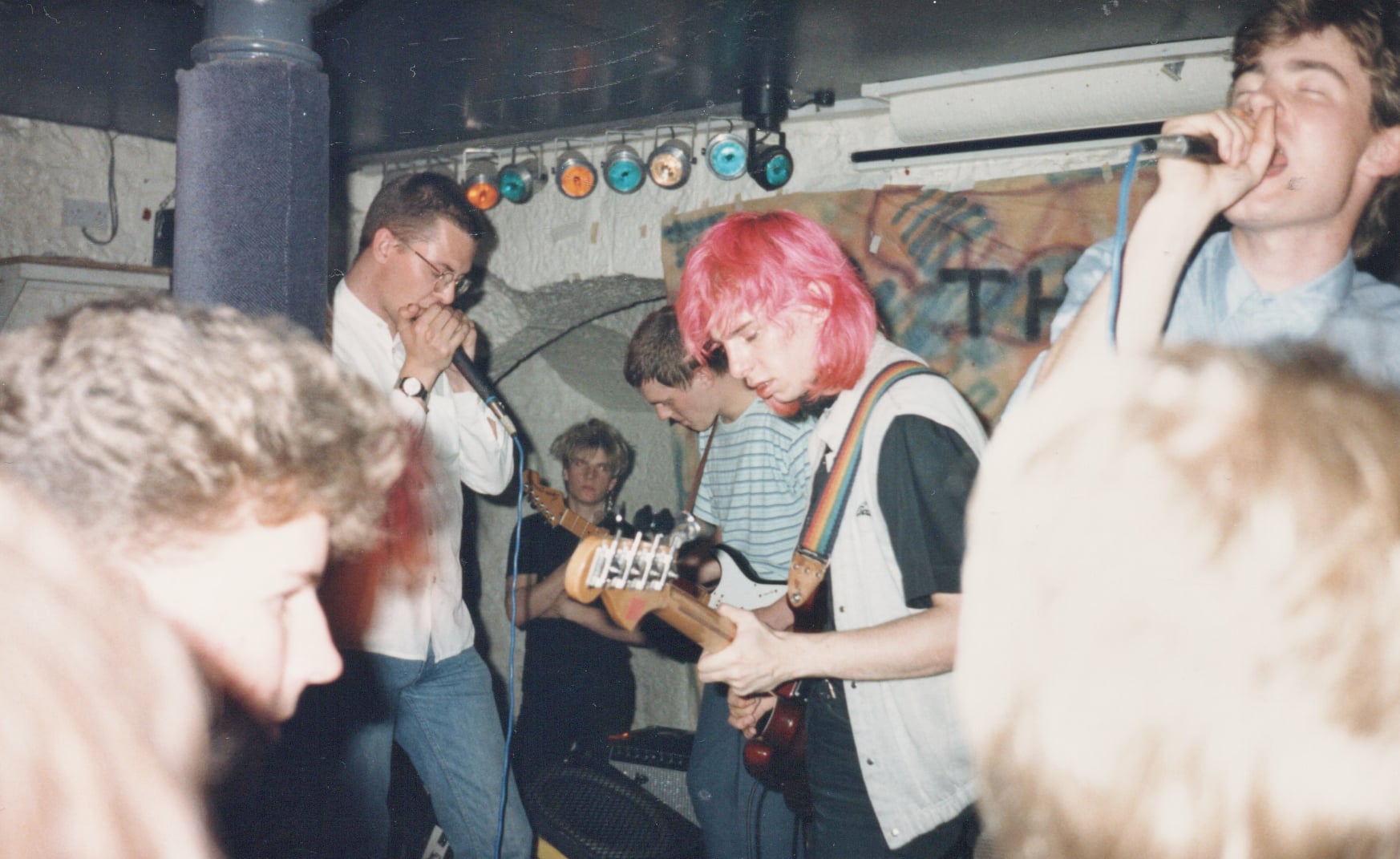
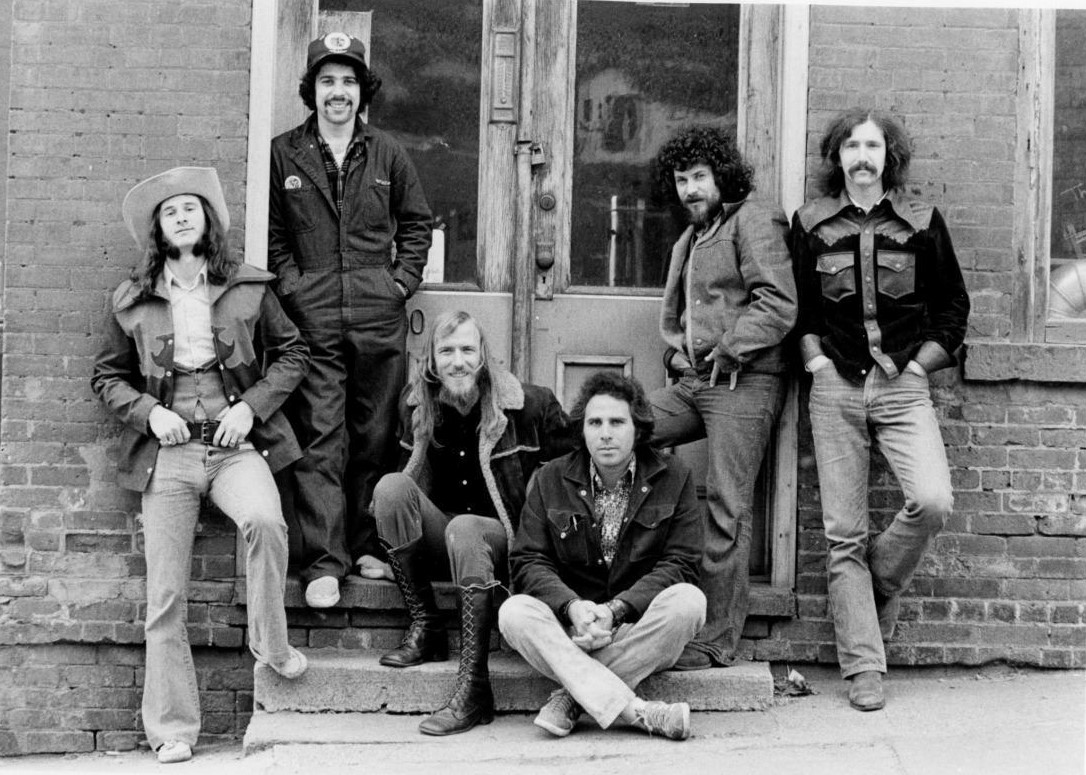
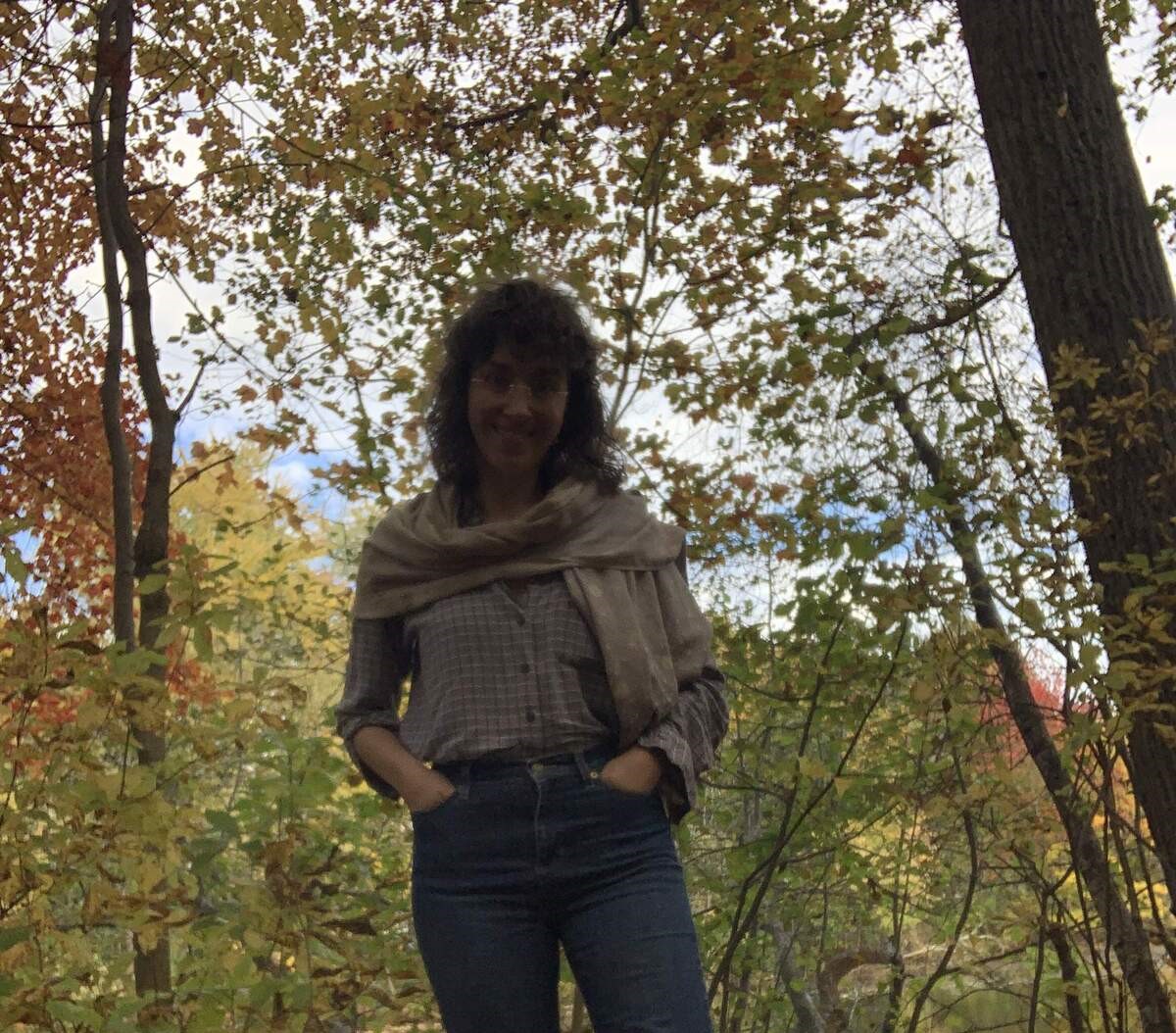
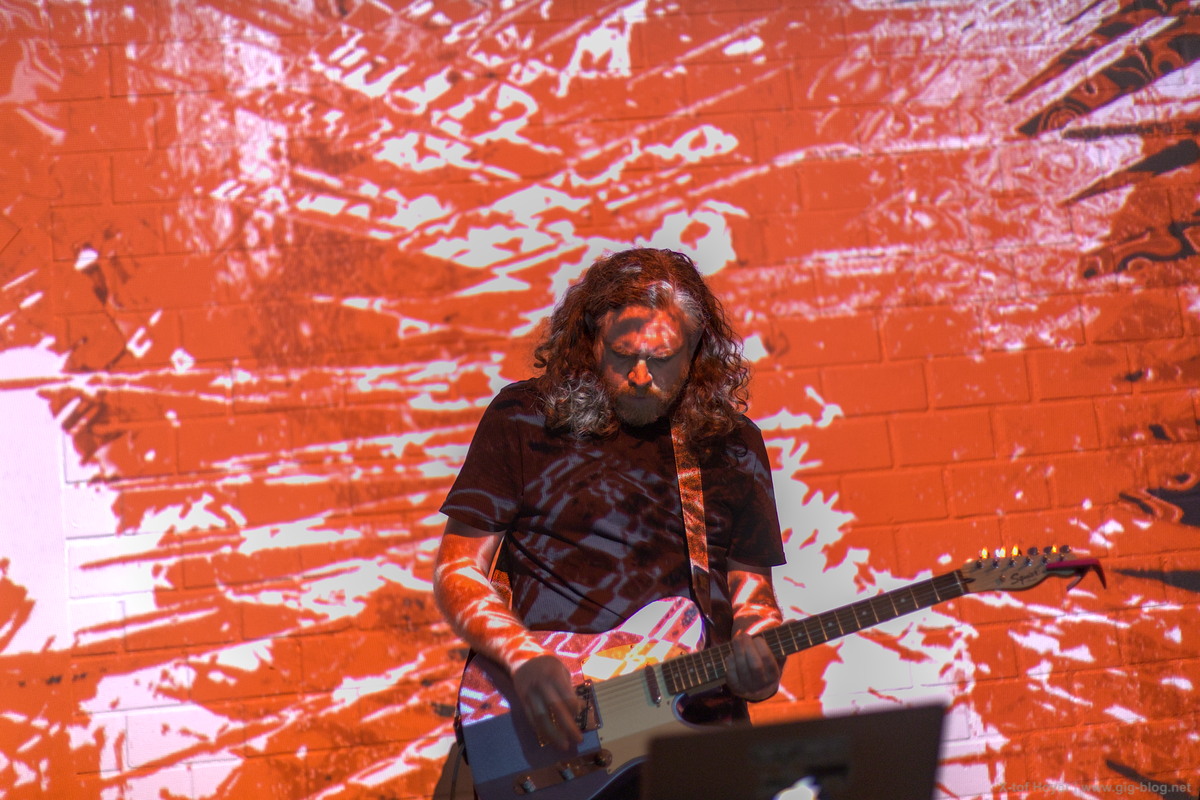
Nice interview. I’ve long been interested in the C86 scene and it’s good to see an artist from the genre featured here.